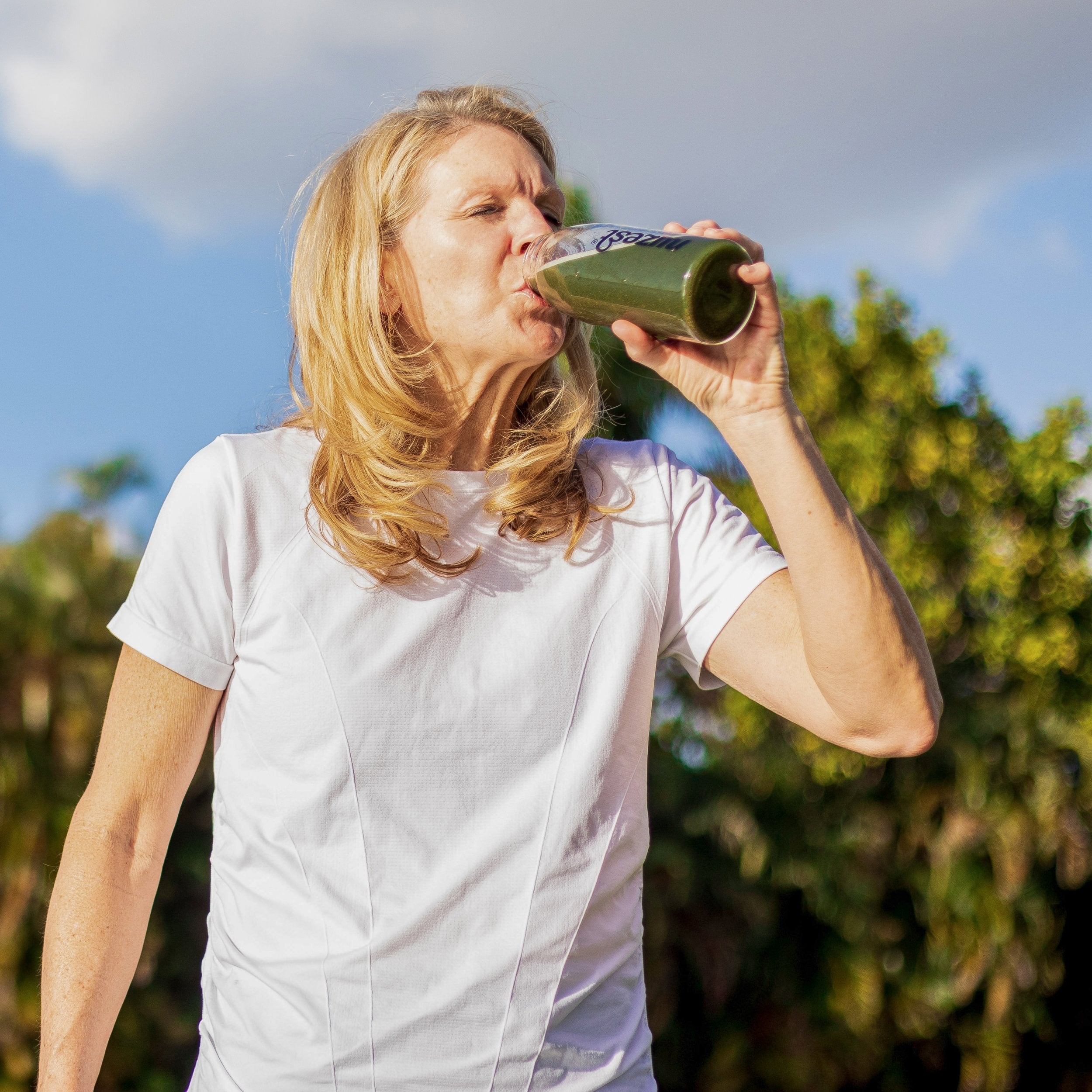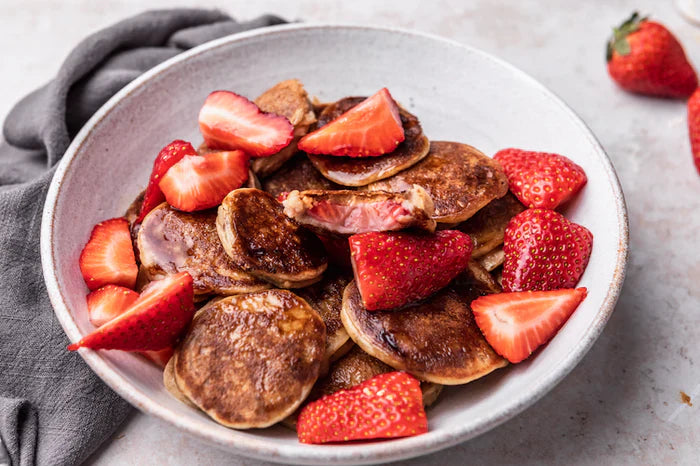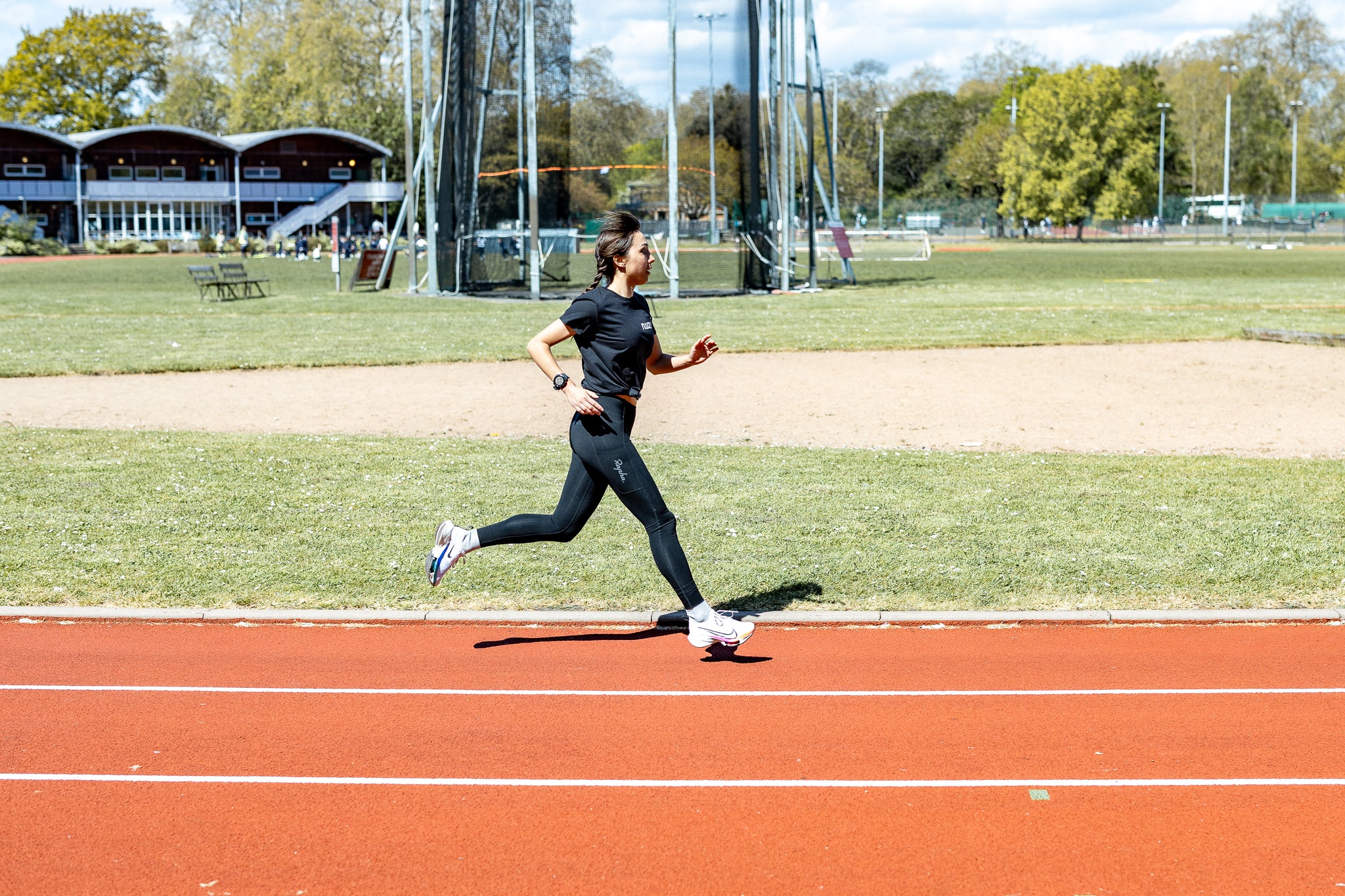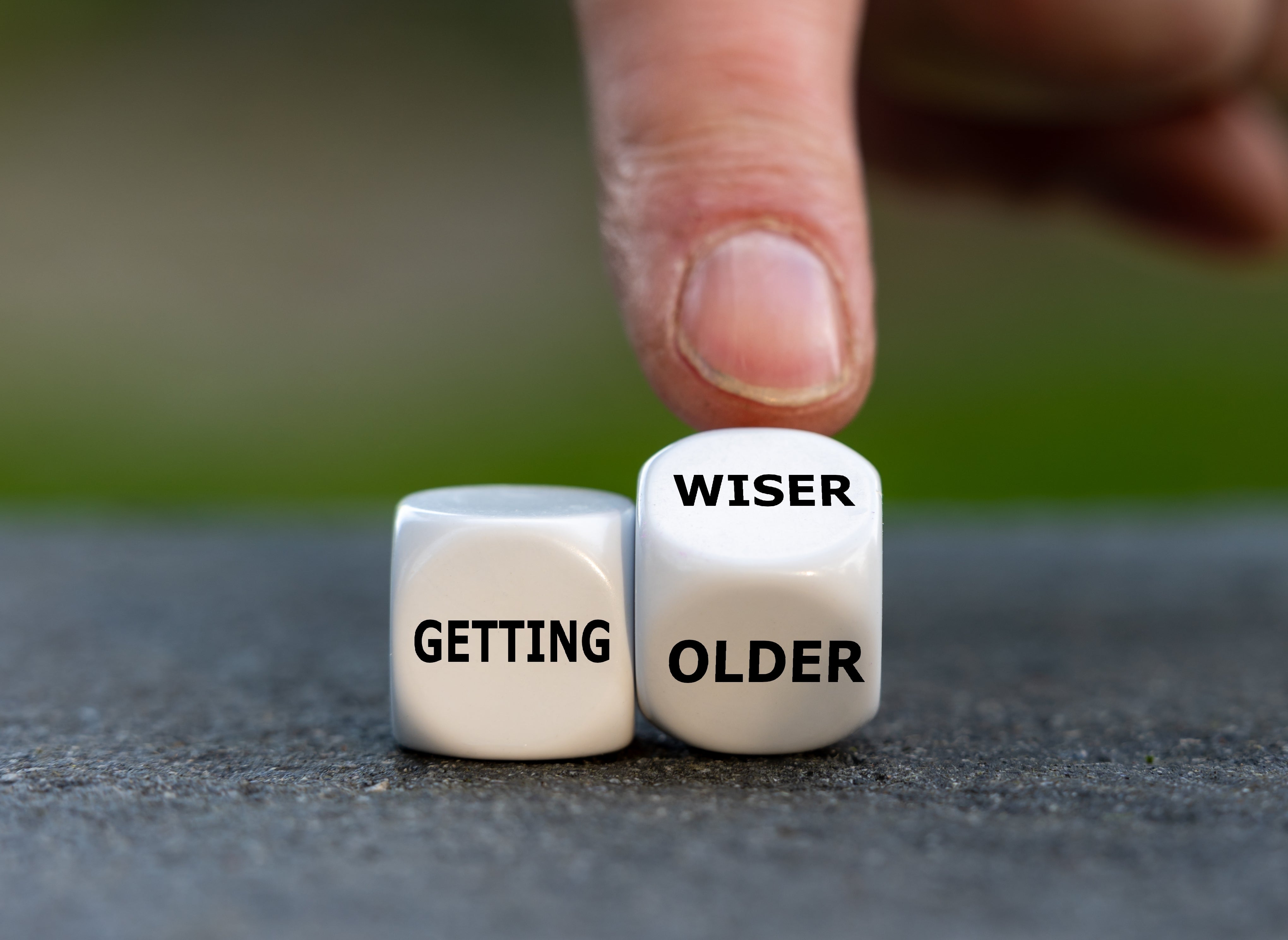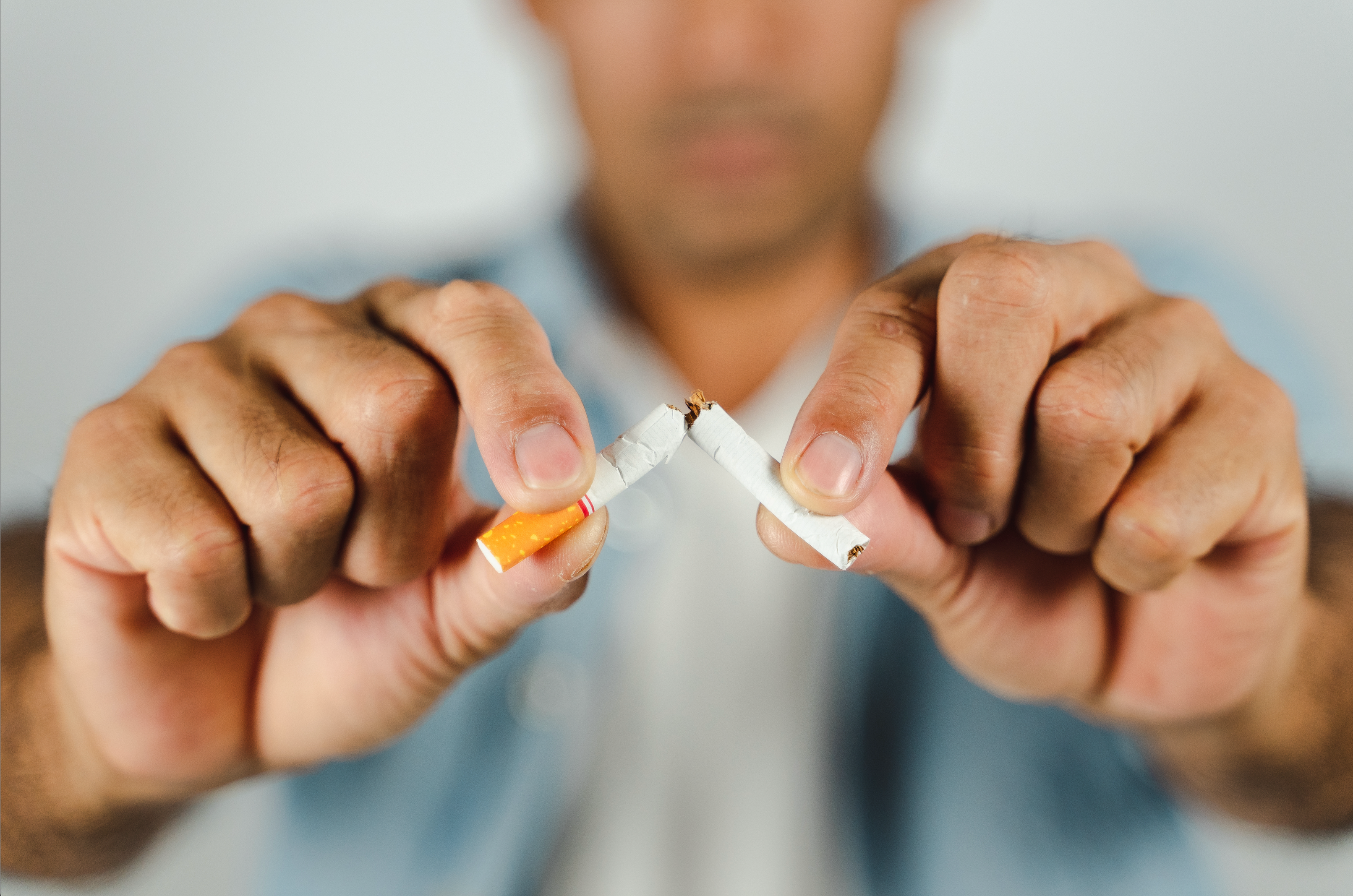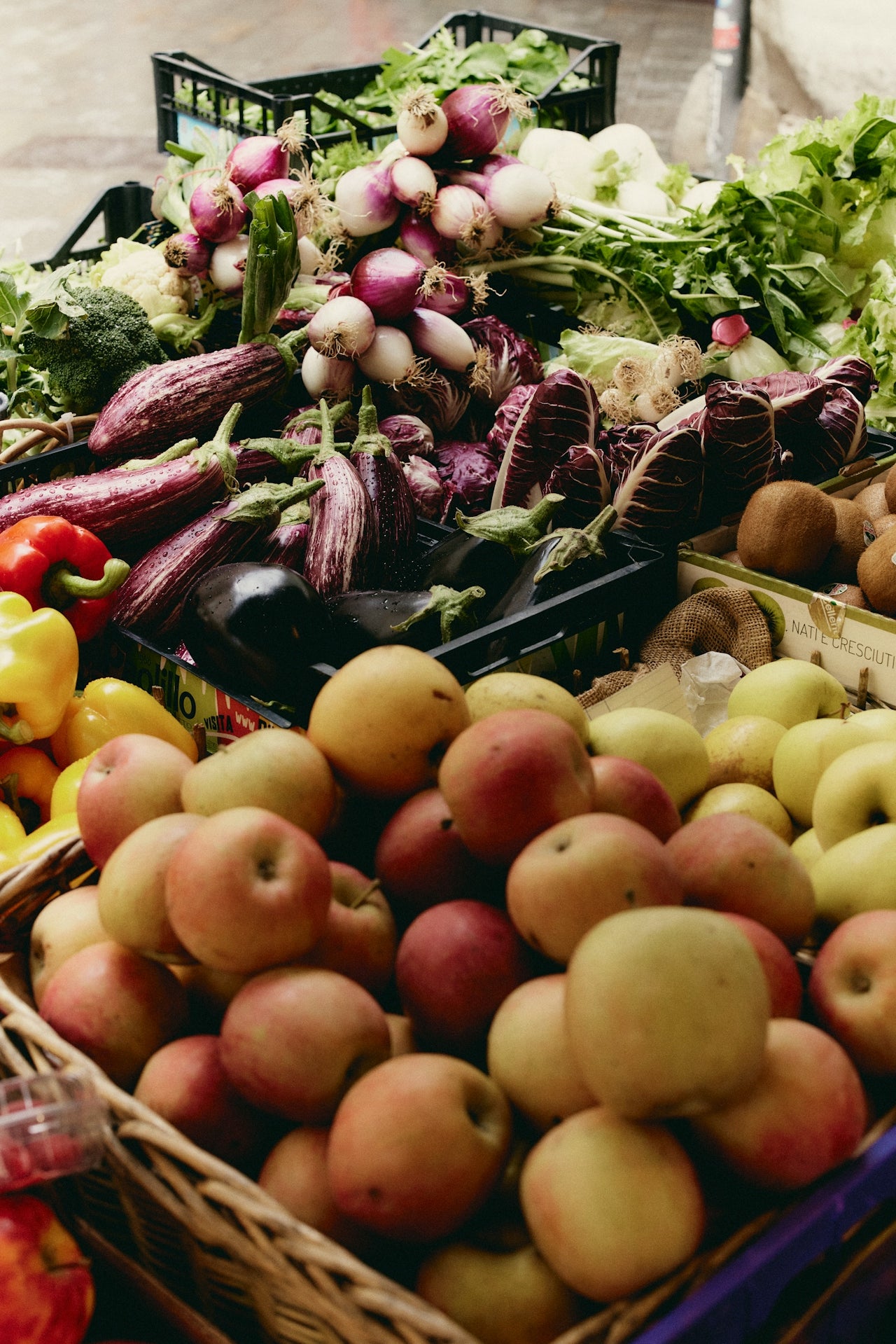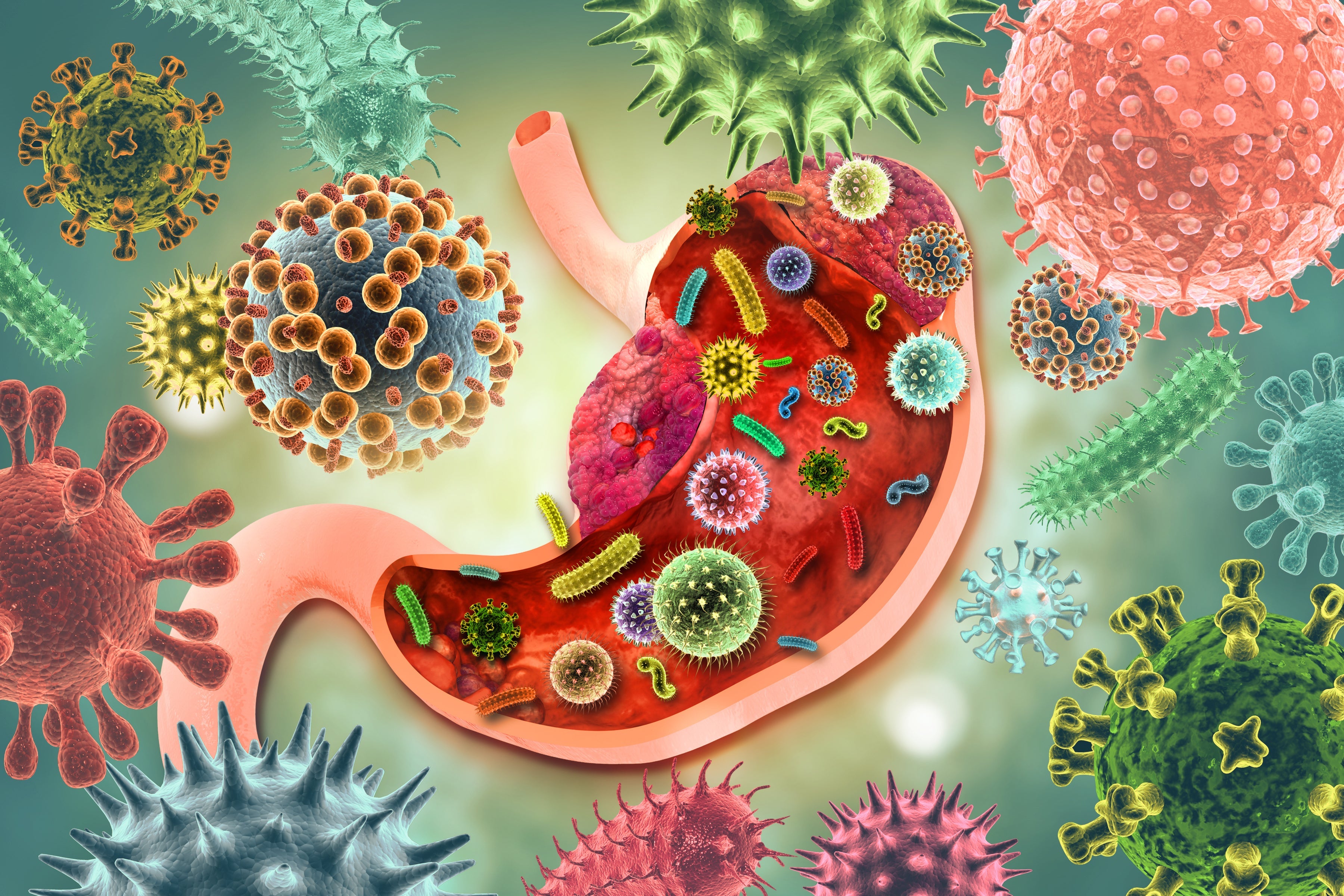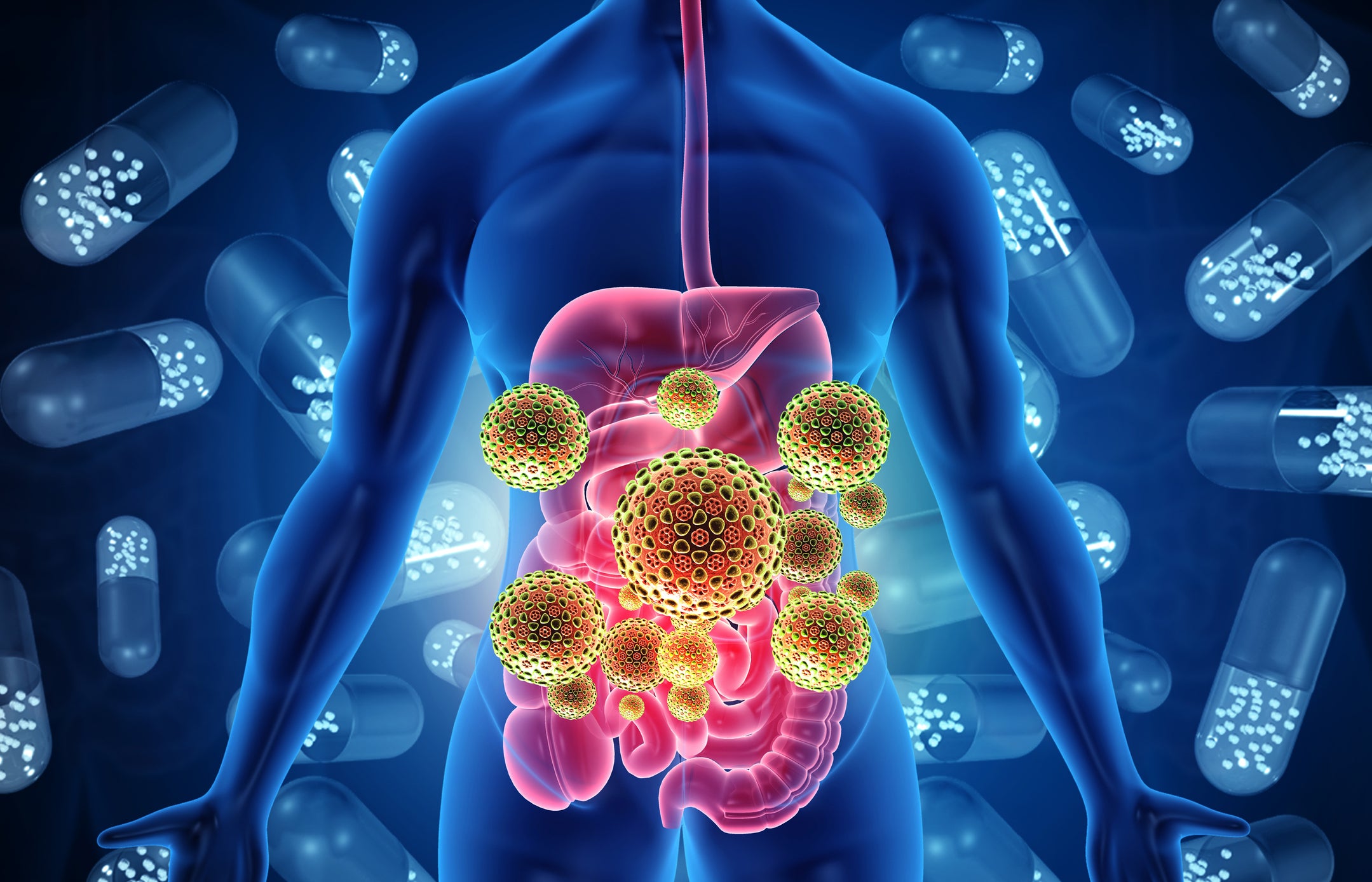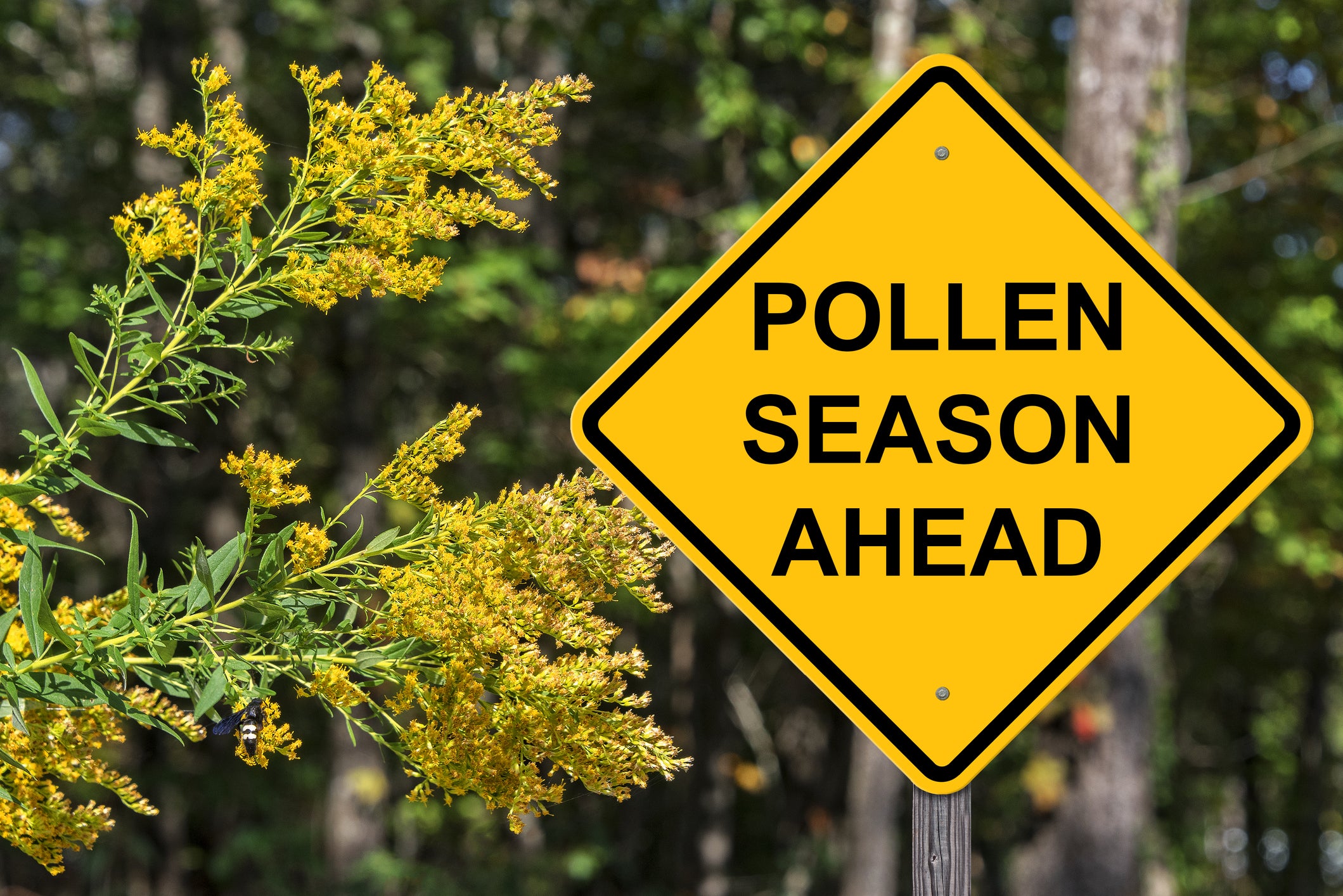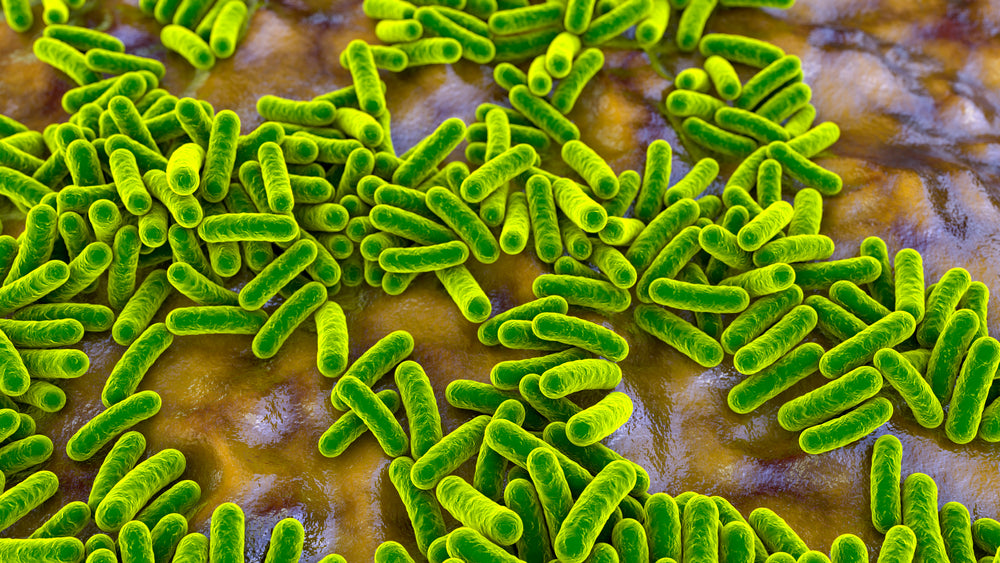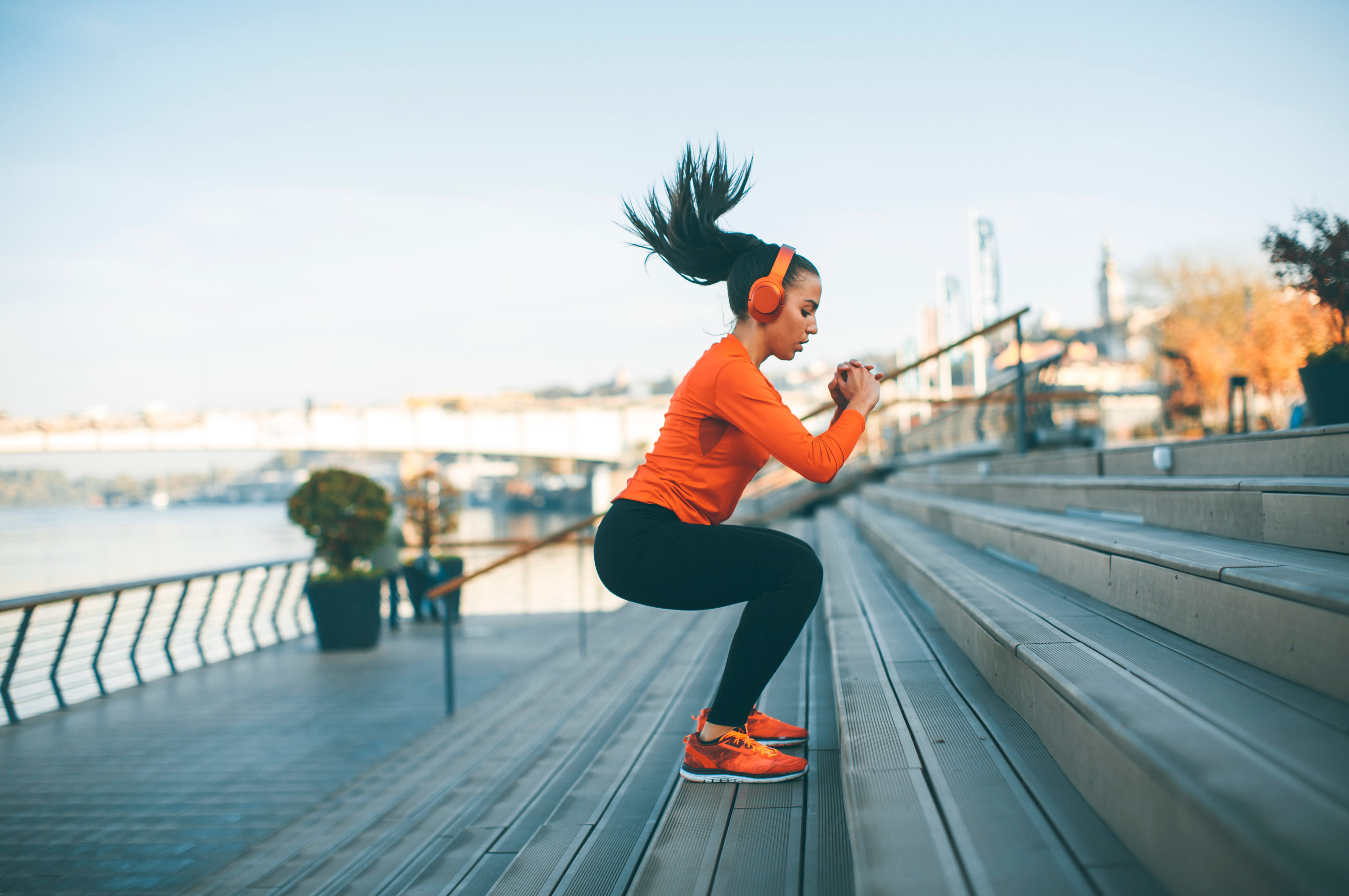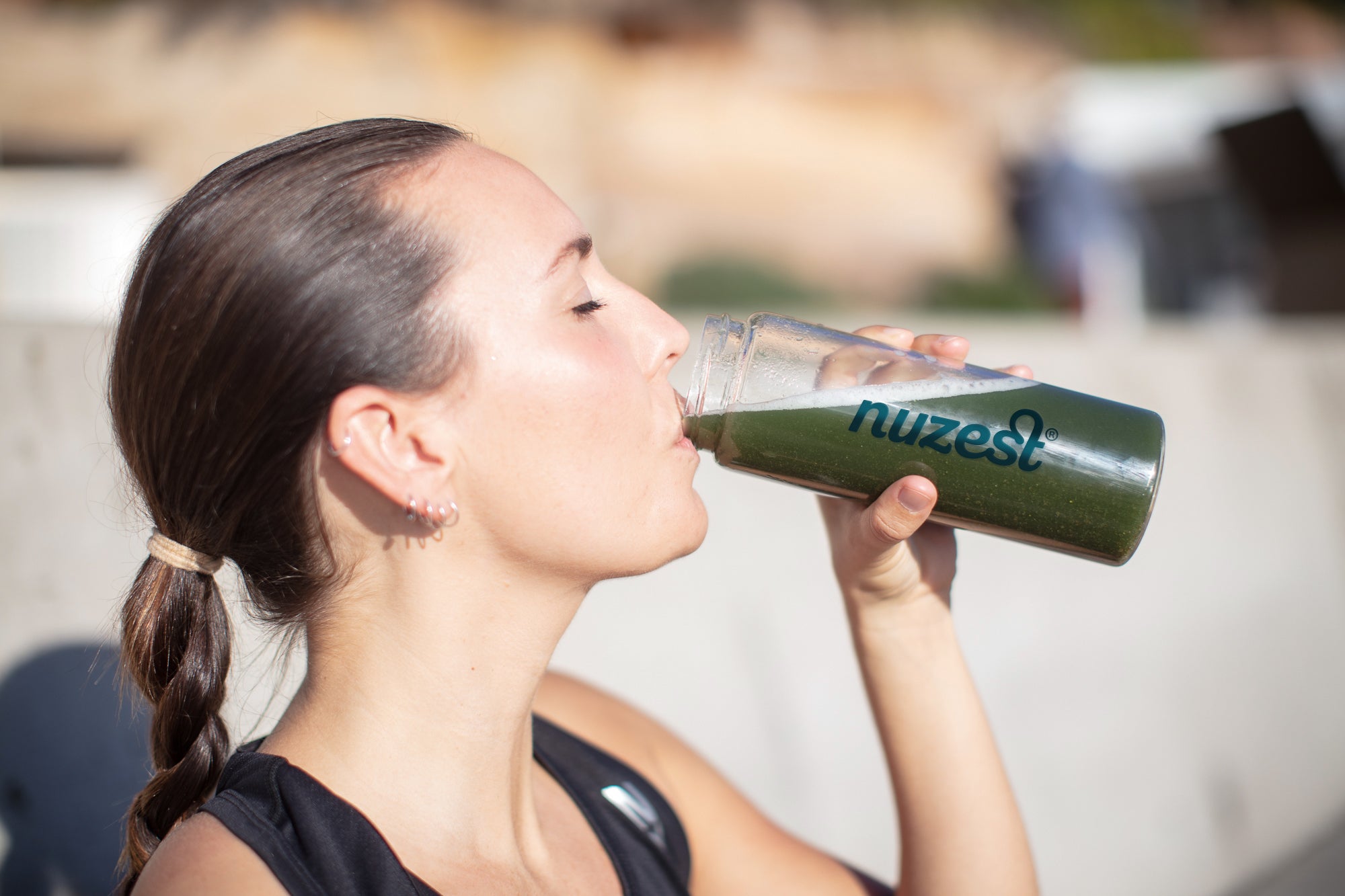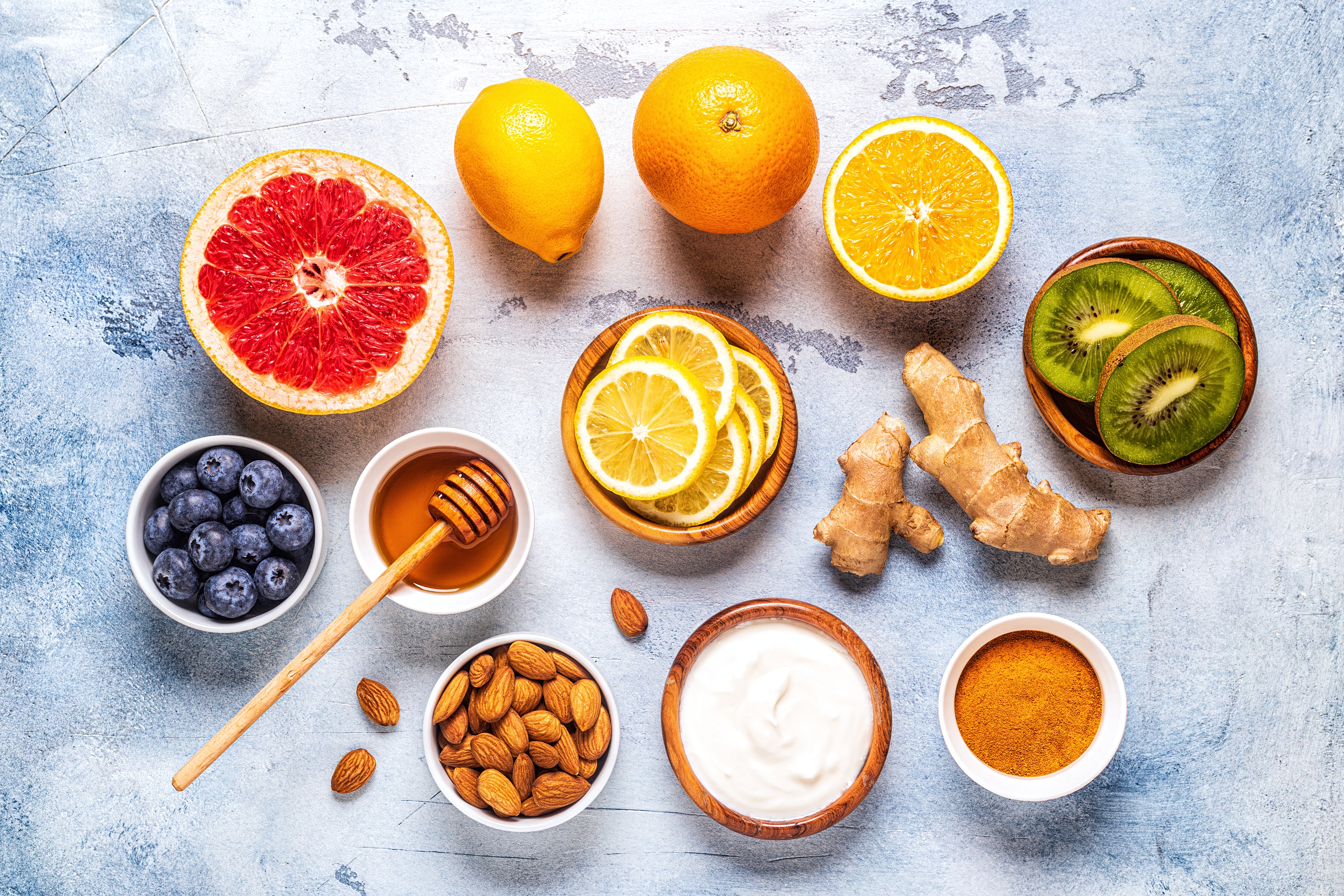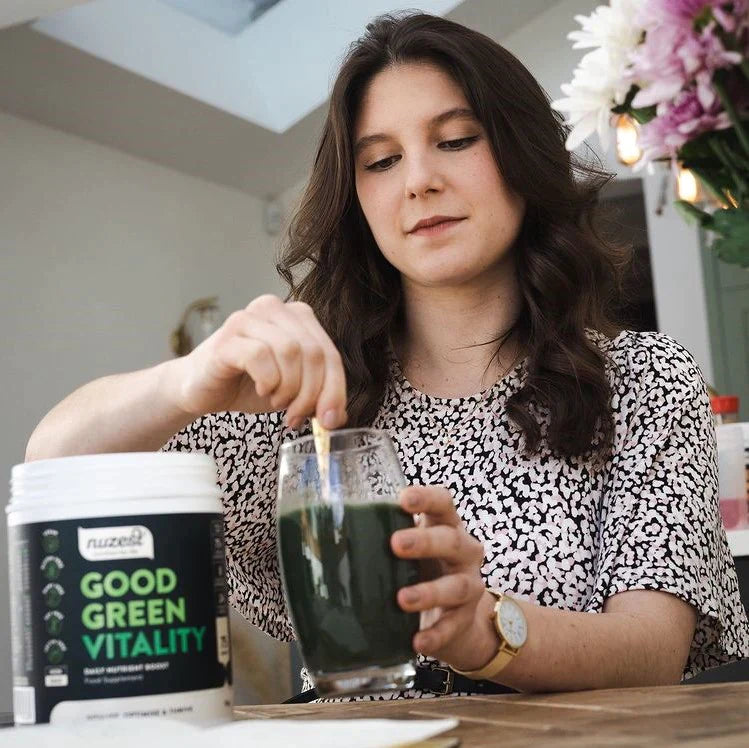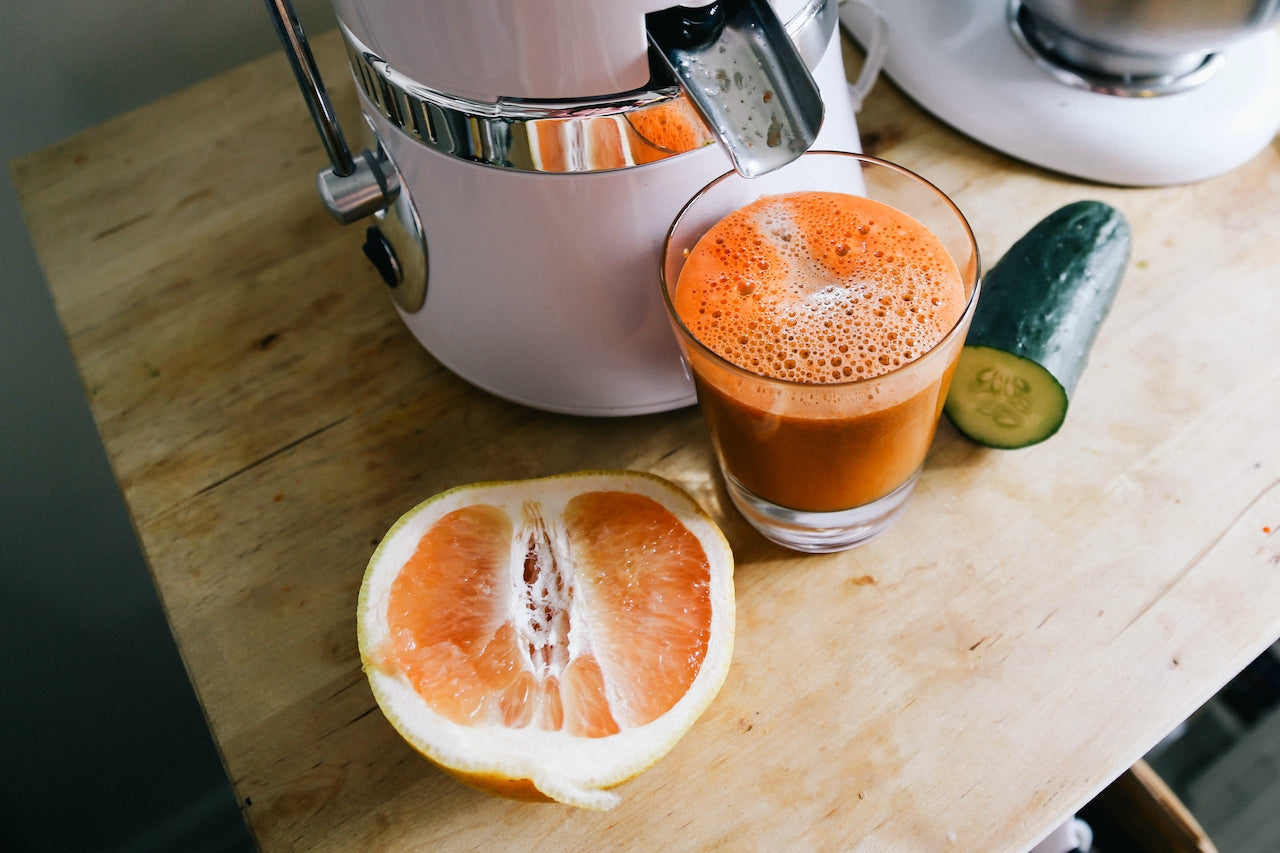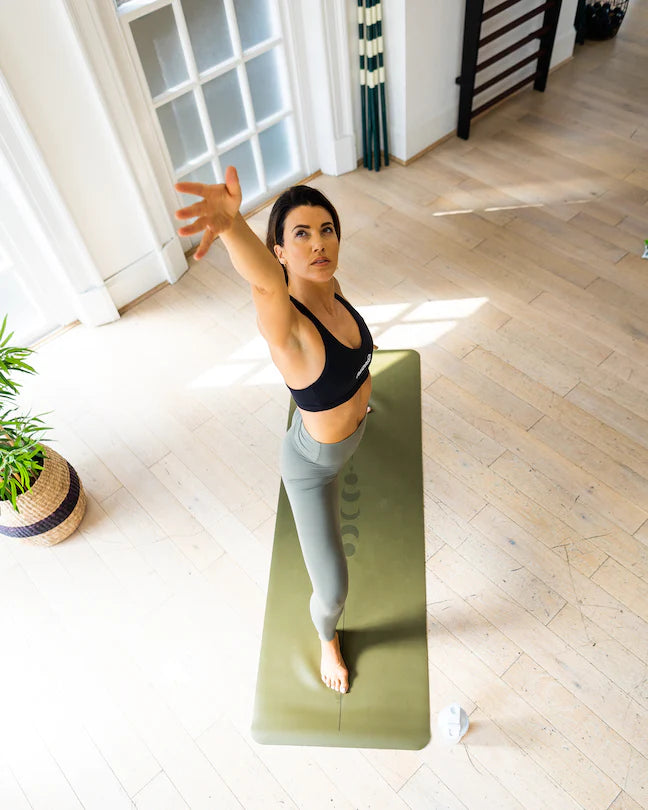Sleep is a vital, often neglected, component of our overall health—helping the body to repair, regenerate, and recover.
Adequate sleep is associated with a plethora of health benefits including weight management, reduced inflammation and heart disease risk, improved mental health and immunity and greater athletic performance1–11, while sleep deprivation is equally linked to a number of negative health outcomes.
In our quest to help you achieve a good night’s sleep, we spoke to five health experts and asked them for their number one sleep tip – the results may surprise you!
Read on and sleep easy thanks to these five expert sleep tips!
Claudia Cramer, APD, AN

Instagram: @ccdietitian
Website: www.ccdietitian.com
Claudia’s Sleep Tip
Limit caffeine or caffeine containing items in the afternoon. Little to no caffeine after midday is ideal, however sometimes unrealistic, so being aware of your caffeine intake in the afternoon is a good place to start.
Caffeine is a stimulant which can keep us awake and aroused which is good for certain times, however not when we should be producing sleep-chemicals including melatonin in the late afternoon. There are many food and beverages which may have a sneaky caffeine hit, such as: BCAA’s (branch chain amino acids), pre-workouts, coffee, and chocolate so keep this in mind if you are wanting that optimal snooze.
Performing some exercise prior to bed may also assist in helping you achieve a good night’s sleep. Strenuous exercise increases our heart rate and general alertness which is not ideal when it comes to getting to sleep.
However, performing a more gentle and calming form of movement such as yin yoga, walking or stretching may assist in slowing the mind and body down while shifting into the parasympathetic nervous system and releasing feel-good chemicals. Using trial and error with the type, intensity and length of exercise may be needed to get that perfect mix.
Shanna Hutcheson, RD

Instagram: @wellnessforthewin
Blog: Wellness for the Win
Shanna’s Sleep Tip
Establish a regular sleep schedule. If you are consistently going to bed and waking up around the same time each day, your body will get used to this routine and you will get much better sleep than if your bedtime is sporadic.
Make sure your bedroom is as dark as possible, keep the temperature cool and have some white noise either from a fan or noise machine. You may even like to consider a weighted blanket if you are someone who regularly has trouble sleeping.
Andy De Santis, RD

Instagram: @andytherd
Website: www.andytherd.com
Andy’s Sleep Tip
My tip is simple – put your phone on do not disturb or sleep with it in a separate room. These have been my two biggest aids as it relates to sleep!
Caitlin Rule, RN

Instagram: @goodnessavenue
Website: www.goodnessavenue.com
Caitlin’s Sleep Tip
Eat a balanced and wholesome dinner! Make sure your dinner contains protein, fat, and a complex carbohydrate source to ensure you are full and satisfied during the night. Protein containing foods are rich in the amino acid tryptophan and when paired with complex carbohydrates such as brown rice and sweet potatoes, can improve the transport of tryptophan to the brain!
Tryptophan produces the feel-good hormone serotonin and reduces stress hormones like cortisol. Adding some healthy fats like avocado can slow the absorption of your meal and keep your blood sugar stable. So, eating a balanced dinner will help you feel chilled out, relaxed and hopefully a little sleepy.
Dr. Rachel Paul, PhD, RD

Instagram: @CollegeNutritionist
Website: www.collegenutritionist.com
Rachel’s Sleep Tip
Cater your bedroom to your needs: if you’re a light sleeper, get a noise machine. If you need darkness, get blackout curtains. If your mind races and makes it difficult for you to fall asleep, try reading a book or meditating before bed.




